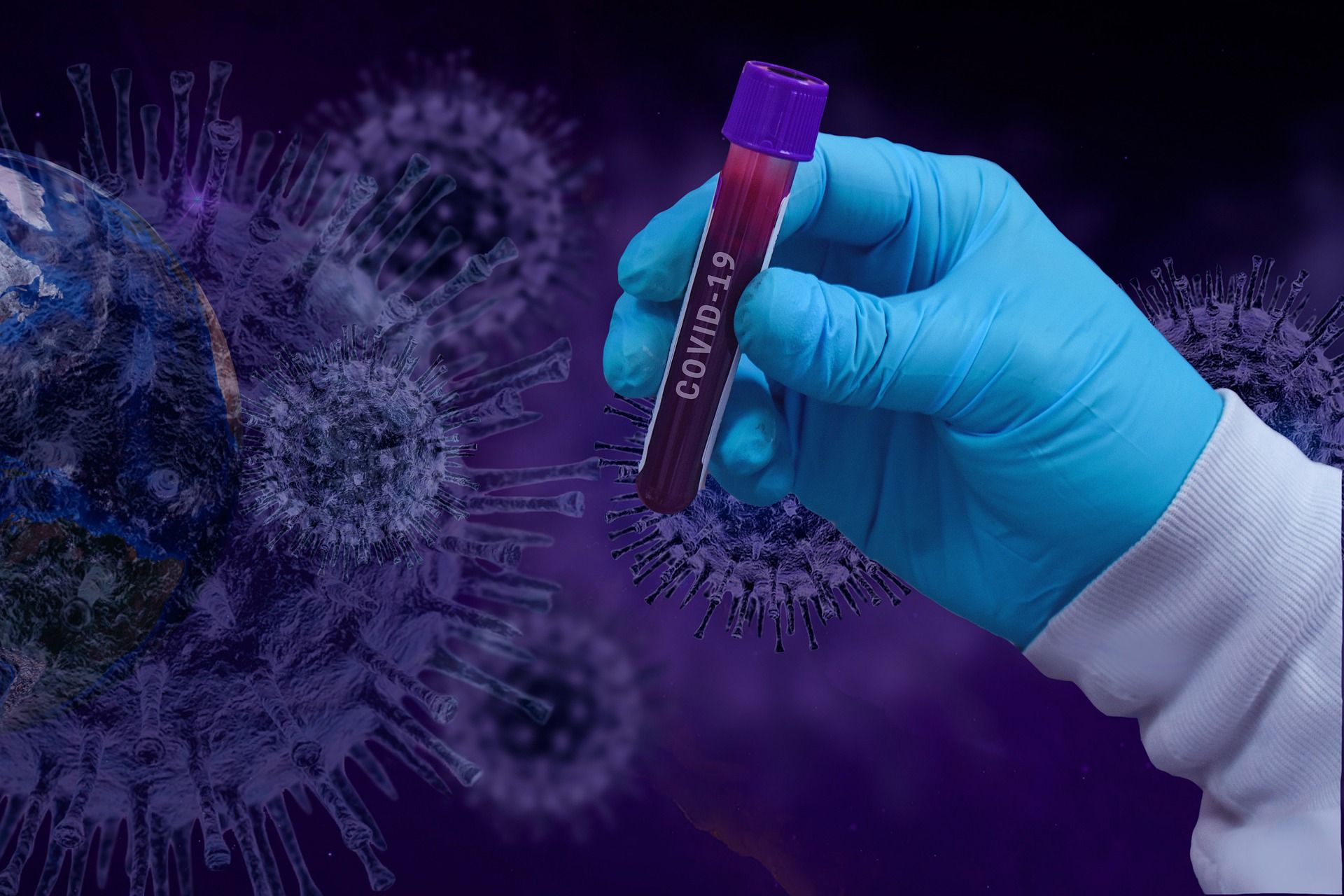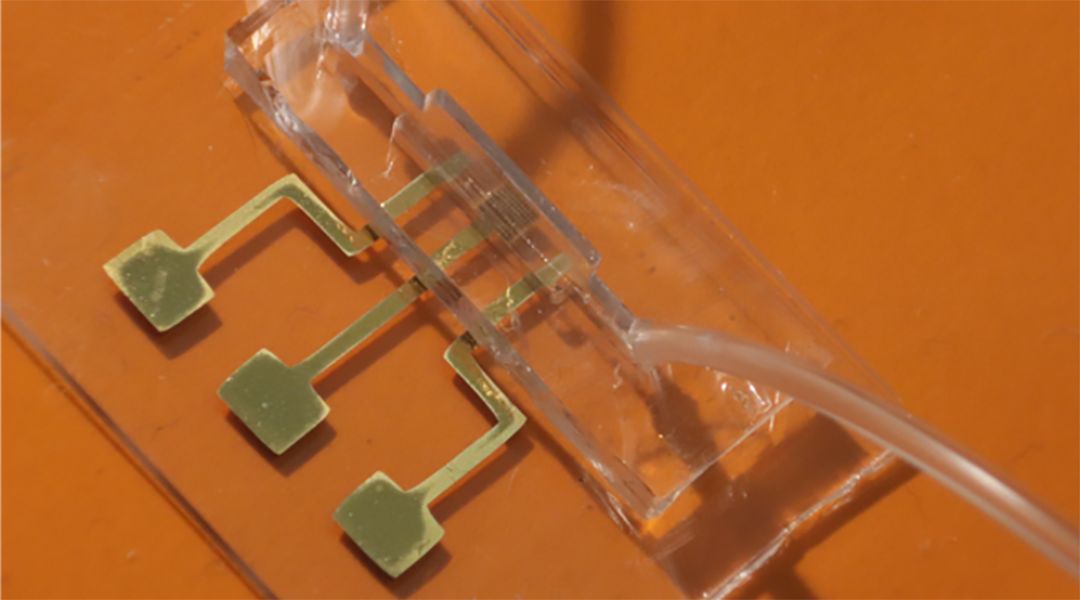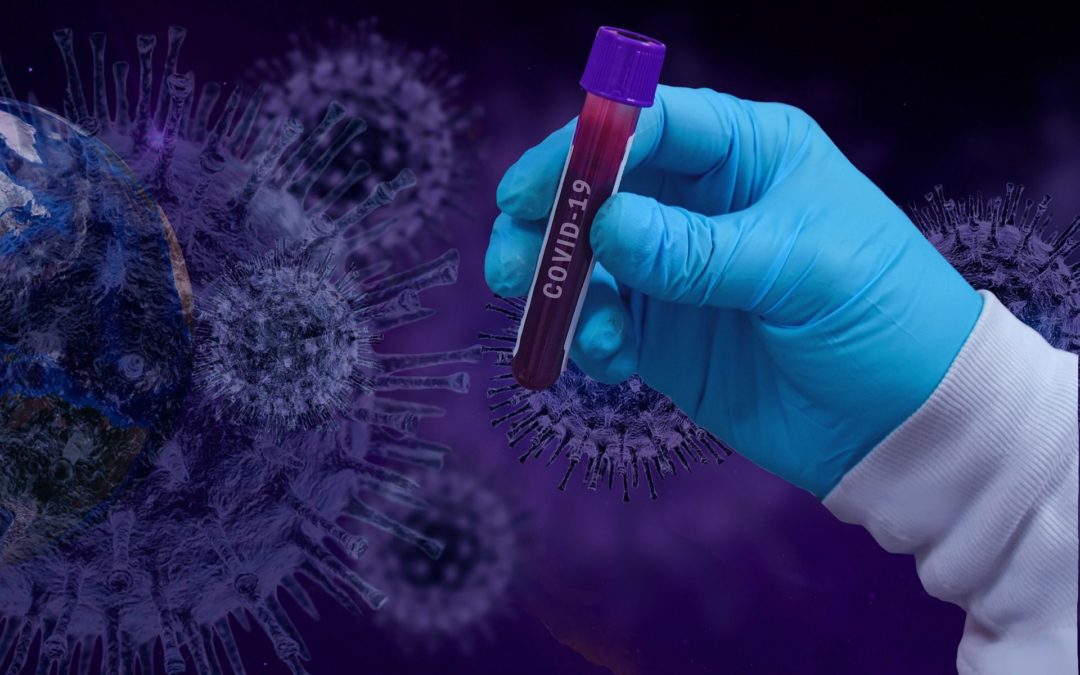
Now that the vaccination against Covid-19 has started, we will hopefully see the beginning of the end of the pandemic. But to be sure that the vaccine really provides the protection you expect, it is important that it creates enough antibodies. Getting an answer to such a test can take days and require a lot of resources from healthcare, but now researchers have created a test that provides answers almost immediately.
It is a research team from Carnegie Mellon University in the USA that has developed a new type of biosensor that can measure the amount of antibodies in the blood in just 10-12 seconds . The sensor only needs a small drop of blood, five microliters, so this is a very small blood sample.

The biosensor is built into a small handheld device that sends the result to an app in the mobile. The test can thus be performed directly at a health center or even out in the field and does not need to be sent to a lab.
In addition to the sensor being very fast, it is also very accurate. This allows it to indicate with great accuracy how many antibodies there are in the blood. The person who receives the vaccine can thus know whether the vaccine provides adequate protection.
The reason why the biosensor is so accurate depends on the structure of the sensor. Using 3D printers, researchers have created a lumpy and uneven surface. This means that there is more surface to attach the microscopic electrodes to. The more electrodes, the more antibodies the sensor can detect.
The electrodes are covered with antigens that bind to specific antibodies. The antigens that the researchers use are very “picky” and only bind to antigens for Covid-19. In this way, the margin of error becomes very low and the result very accurate.
Now it is possible to replace the antigens with other types of antigens as well. It makes it possible to use the same technology to test for antibodies against other diseases such as Ebola, HIV and more.





